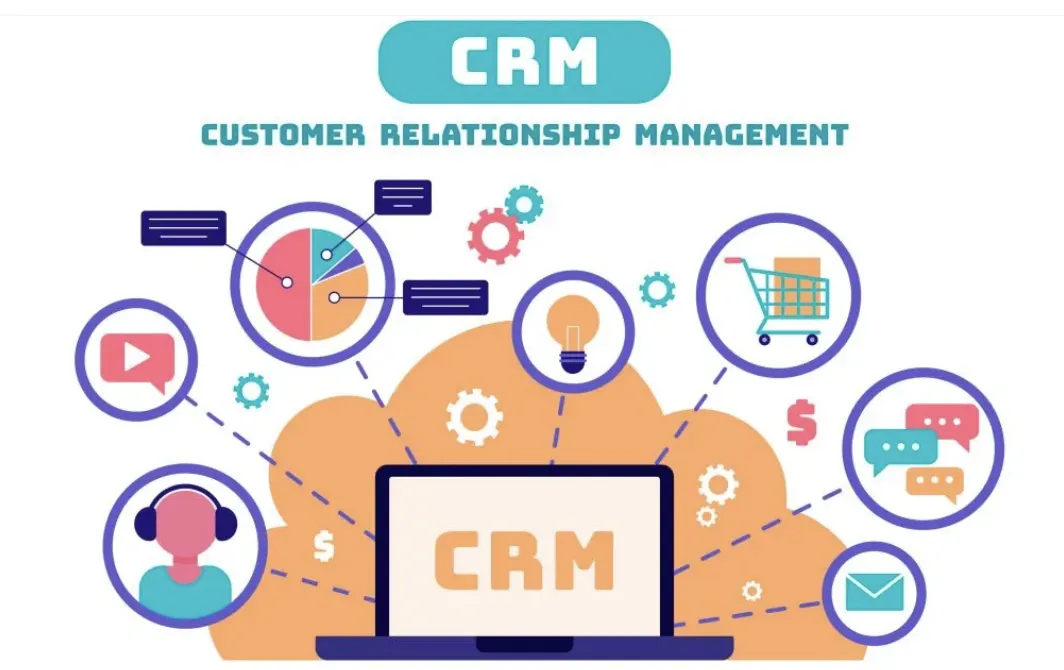Build 12 CRM News & Insights

Bridging the Gap: How CRM Tools Revolutionize Client Relations in Construction

Embracing the Client-Centric Shift in Construction
In today’s rapidly evolving construction industry, the shift toward client-centric practices is more crucial than ever. At Build12, we understand that the key to success lies in nurturing strong relationships with clients, which is where CRM tools come into play. By honing in on the specific needs and preferences of each client, construction companies can tailor their services to not just meet but exceed expectations.
The Strategic Importance of CRM in Construction
The move to integrate CRM strategies into construction isn’t just about keeping up with trends—it's about recognizing the deep value of client relationships. In a market that's becoming increasingly competitive, those who prioritize clear communication and active client engagement will stand out. CRM systems offer a streamlined approach to managing these interactions, paving the way for better collaboration and long-term partnerships.
Understanding the Industry’s Unique Demands
Adopting CRM tools is more than a strategic move; it’s about truly understanding the unique demands of the construction industry. By centralizing client information and communication, construction companies can anticipate needs, streamline processes, and deliver projects with precision and excellence.
The Challenges of Operating Without CRM Integration
But what happens without CRM integration? The challenges are significant. Without a unified system, companies often struggle with disjointed communication and fragmented project information. This lack of centralization can lead to missed opportunities for personalized service and can erode trust between the company and its clients.
Enhancing Communication with CRM Systems
CRM systems are powerful tools for enhancing communication within the construction industry. By consolidating customer data and communication history into one platform, companies gain valuable insights into client preferences, past interactions, and upcoming project needs. Automation of routine tasks like project updates and appointment reminders saves time and resources, ensuring timely, personalized communication that shows clients they’re a priority.
Streamlining Project Management
Project management also becomes more efficient with CRM tools. Tracking milestones, allocating resources, and monitoring client feedback are all streamlined, helping ensure projects are completed on time and within budget. The data-driven insights provided by CRM systems allow for continuous improvement and innovation, which are essential in this competitive industry.
The Power of Integration with Other Tools
Integration with other essential tools, like BIM and accounting software, means that all project data is centralized, reducing errors and enhancing collaboration across departments.
Personalizing Client Interactions for Long-Term Success
Personalization is the cornerstone of long-term success in client relationships. CRM tools enable construction companies to tailor their interactions based on client preferences, communication history, and project requirements. This deep understanding fosters loyalty and trust, which are crucial for repeat business and referrals. By investing in CRM systems, construction companies can ensure they deliver personalized, exceptional experiences that set them apart.
Solutions
Streamline Sales
Generate More Leads
Build Your Brand
Impress Existing Customers
AutomButtonate Tasks
Features
All In One Inbox
Email + SMS Marketing
CRM & Sales Pipeline
Review + Reputation Management
Social Media Management
Website Chat Widget
Forms & Surveys
Automate Tasks
Online Appointment Booking
Invoicing & Payments
Automated Nurture Sequence
Reporting & Analytics
Membership & Course Builder
Phone System & Autodialer

